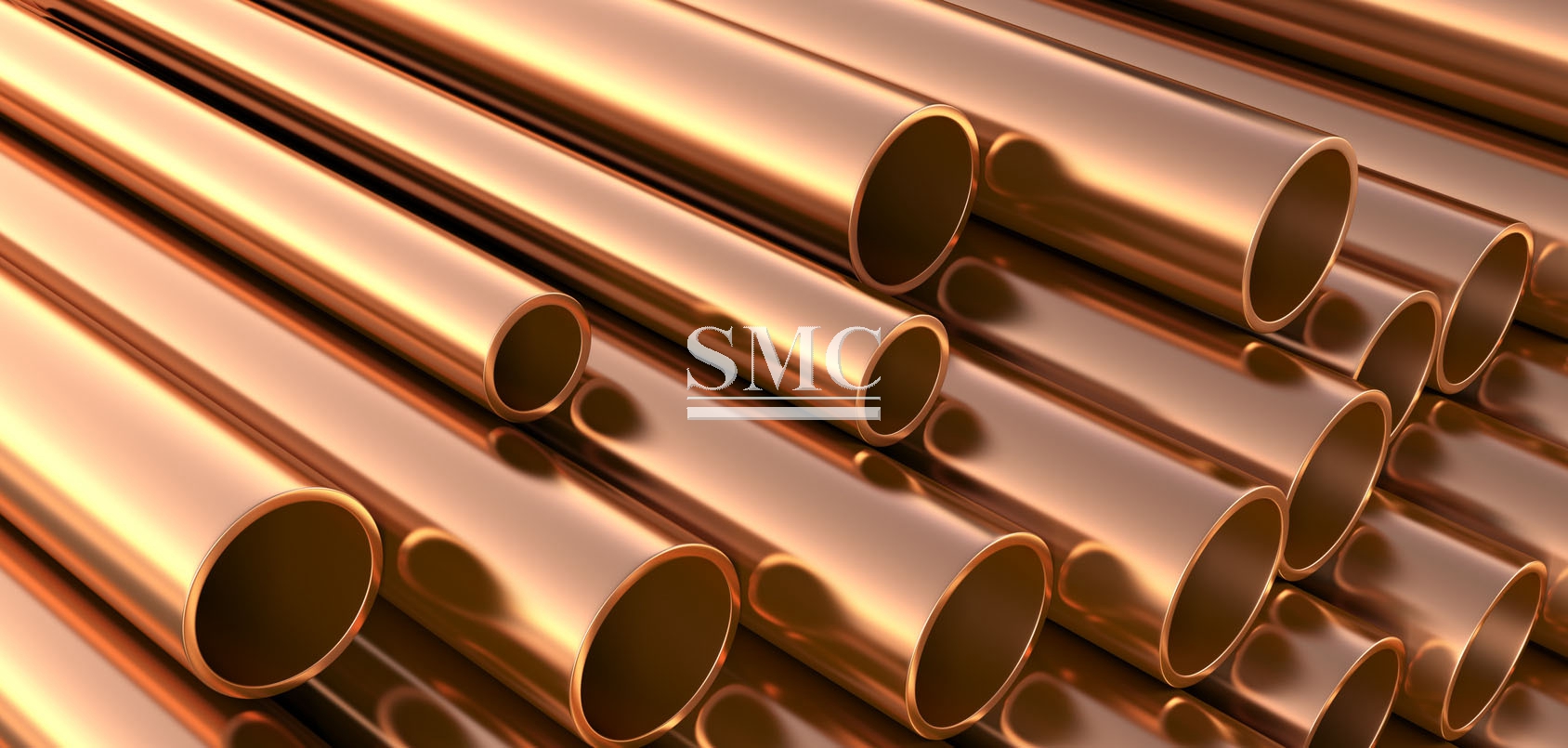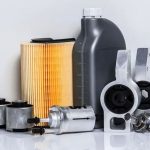In mechanical systems of all kinds, copper does more than ever before. Today copper tube has proven superior for: underground water and gas services, water distribution systems, chilled water mains, drainage and vent systems, heating systems (including solar), fuel-oil systems, oxygen systems, non-flammable medical-gas systems, moreover, copper is durable enough to embed in concrete without worry.

Wide Range of Sizes
Large diameter or small, there is a copper tube to fit every specification. Forced-circulation hot water heating systems use small and economical tube sizes with soldered joints and require less space for installation. In drainage systems, Type DWV tube has been used successfully for many years. Large-diameter tube, joined by soldering or brazing, is cost-effective for water distribution and for fire-protection risers in multistory buildings. Copper’s superior hydraulic-flow characteristics permit precise tube and pump sizing.
Problem-Free Performance
It is good engineering practice to use one material for all components throughout a mechanical system. The more copper used in an installation, the more you can count on dependable performance. Copper is known for its reliability. It has been used for plumbing and mechanical systems since metals were first employed in these applications. And its popularity in heating systems is a further indication of copper’s superiority to alternative materials.
Long Lasting and Maintenance Free
Copper has stood the test of time to earn customer satisfaction and wide code acceptance. Copper, used for centuries, has gained new popularity in its modern form: light, strong, corrosion-resistant tube. Its long-lasting and maintenance-free characteristics make copper the leading choice for plumbing, heating, cooling and other mechanical systems. Copper never requires painting for protection from corrosion. In addition, a thin film forms inside the tube, providing natural protection from corrosion. Copper’s trouble-free service means satisfied customers. And its universal acceptability assures compliance with major building codes. Copper is safe, too. It will not burn or support combustion. So it will not carry fire through floors, walls and ceilings, and it will not decompose into toxic gases.
Corrosion Resistance
Copper’s excellent corrosion resistance is an important reason for its choice in so many applications. Solar energy systems, for example, benefit from copper’s resistance to both atmospheric and aqueous corrosion. For water distribution and fire sprinkler systems, copper tube’s internal corrosion resistance results in superior flow capacity. When calculating flow capacities, other plumbing materials require additional allowances for corrosion, scaling, out-of-roundness and smaller internal diameter when compared size-to-size with copper. Copper tube bores remain smooth, and internal diameters stay constant. Largely because of this, a copper fire sprinkler system can use smaller diameters to provide the same sprinkler coverage as a steel system—with significant savings in installed costs.
High Thermal Conductivity
Copper conducts heat up to eight times better than other metals. In any application involving heat transfer—from radiant heating to snow melting to direct exchange, geothermal pump systems—copper’s high thermal conductivity provides an advantage. Comparing copper, aluminum and steel, copper is by far the best conductor of heat. In solar energy systems, copper’s superior thermal conductivity means that thinner copper sheet can collect the same heat as a much thicker-gauge sheet of aluminum or steel. And it means that copper collector tubes can be more widely spaced.
Easy to Join and Install
Copper adds to system integrity while lowering installation costs. Copper’s workability can cut installation time and reduce labor cost. Tubes and fitting are easily joined metallurgically by soldering orbrazing. And copper is so ductile that it can be formed—frequently right on the job site—to fit most design configurations. Because of copper’s formability, it is often possible to eliminate elbows and joints. Since copper is rigid as well as readily formable, it adds to total system integrity even when subjected to adverse conditions.
Shanghai Metal Corporation is a trusted aluminum alloy, aluminum foil price, stainless steel price and stainless steel manufacturer, kinds of stainless steel in china.
Guest contributors are welcome at the Alloy Wiki.It is a weekly wiki and guide on alloy information and processing technology, while also about the vast array of opportunities that are present in manufacturing. Our team of writers consists of a Machining Material Supplier / Machinist / Tool and Die Maker, a Biomedical Engineer / Product Development Engineer, a Job Development Coordinator / Adjunct Professor, and a President and CEO of a manufacturing facility.
Link to this article:Copper benefits for using copper tubing for mechanical systems
Reprint Statement: If there are no special instructions, all articles on this site are original. Please indicate the source for reprinting:Alloy Wiki,thanks!^^


